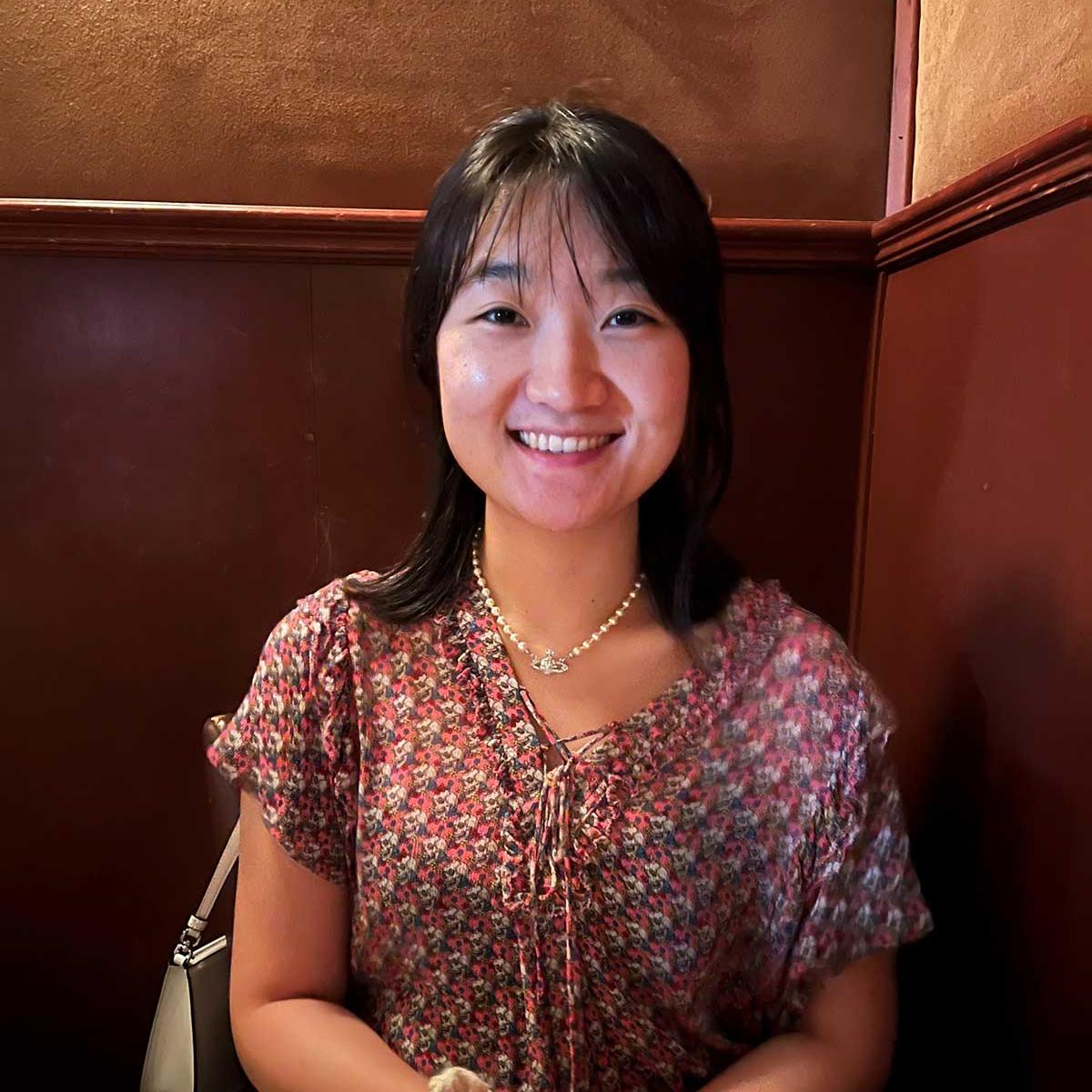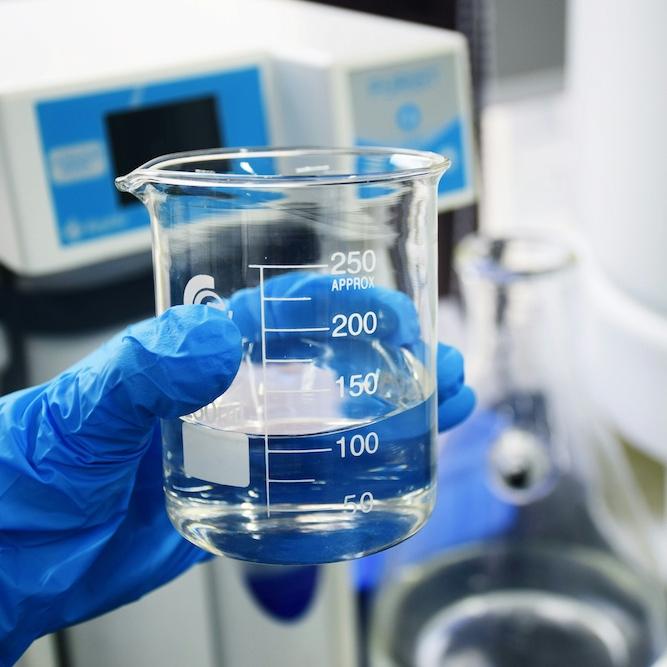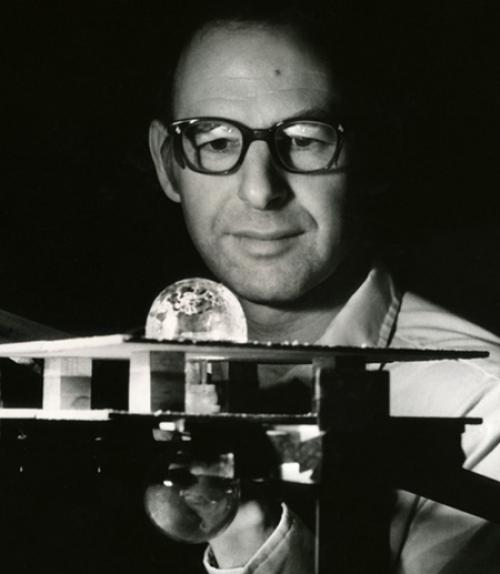David A. Usher, retired associate professor of chemistry and chemical biology, died Oct. 6 at his home in Dryden, New York. He was 80, one month shy of his 81st birthday.
Usher joined the Cornell faculty in 1965 and taught generations of students the basics of organic chemistry until he retired in June 2016. He also taught general chemistry courses for nonscientists and science majors, organic chemistry for chemistry majors, and graduate-level courses in enzyme mechanisms, nucleotide chemistry and chemical aspects of biological processes.
His research interests in phosphate chemistry led to work on the mechanism of the enzyme ribonuclease, work that defined the geometry of the phosphate group at the cleavage site.
“David Usher’s abiding interest was in chemical evolution, the way life evolved,” said Roald Hoffmann, Usher’s colleague and the Frank H.T. Rhodes Professor of Humane Letters. “He focused on the chemistry of the nucleic acids, and especially looked for new ways to make segments and analogues of ribonucleic acids (RNAs). Usher’s work featured a close, perceptive analysis of the mechanism of the reactions by which new chemical bonds were formed at phosphorus, and the development of new reagents, cleverly using acidic and basic sites, and protecting parts of the molecule while other parts reacted.”
Usher’s detailed study of phosphate stereochemistry led to an interest in prebiotic chemical evolution and a prediction that the linkage between nucleotides seen in natural biological RNA would be stabilized against hydrolysis in a double helix, while a non-natural linked RNA would be destabilized. Experimental testing of this hypothesis showed it to be correct, demonstrating a selective advantage for the linkage used by biological organisms. These experiments were also an early demonstration of catalysis by RNA in the increased rate of hydrolysis of linked RNA when bound to a complementary strand of RNA.
His research interests also included antisense technology, models of prebiotic formation of peptide bonds using oligonucleotide carriers and templates, and possible chemical evolution on Saturn’s moon Titan.
He served on advisory committees for NASA and for the Space Science Board of the National Academy of Sciences, including co-chairing a task force to determine important goals for future research in space science.
“It is impossible to mention David Usher’s life at Cornell without praising his love for music,” Hoffmann said. “He was a constant star in the classic Cornell Savoyards productions, and frequently entertained his classes with a song; his students remember these many years after.”
From 1972 to 2004, Usher appeared as the tenor lead in 13 Gilbert and Sullivan operettas produced by the Cornell Savoyards. His roles included Nanki-Poo, Captain Fitzbattleaxe, Prince Hilarion, Colonel Fairfax and Ralph (Rafe) Rackstraw.
He served for many years as the faculty adviser to the Cornell women’s tennis team and congratulated them on their first-ever Ivy League co-championship last spring.
Usher was born in England Nov. 1, 1936, and moved with his family to New Zealand when he was 11. He earned a bachelor of science degree in 1958 and a master of science degree in 1960 from Victoria University of Wellington, New Zealand, followed by a Ph.D. from Cambridge University, England, in 1963. He also did postdoctoral research at Harvard University.
Donations in Usher’s name may be sent to the Cornell women’s tennis team, c/o Coach Mike Stevens, Reis Tennis Center, 230 Pine Tree Road, Ithaca, NY 14850.
This article originally appeared in the Cornell Chronicle.





